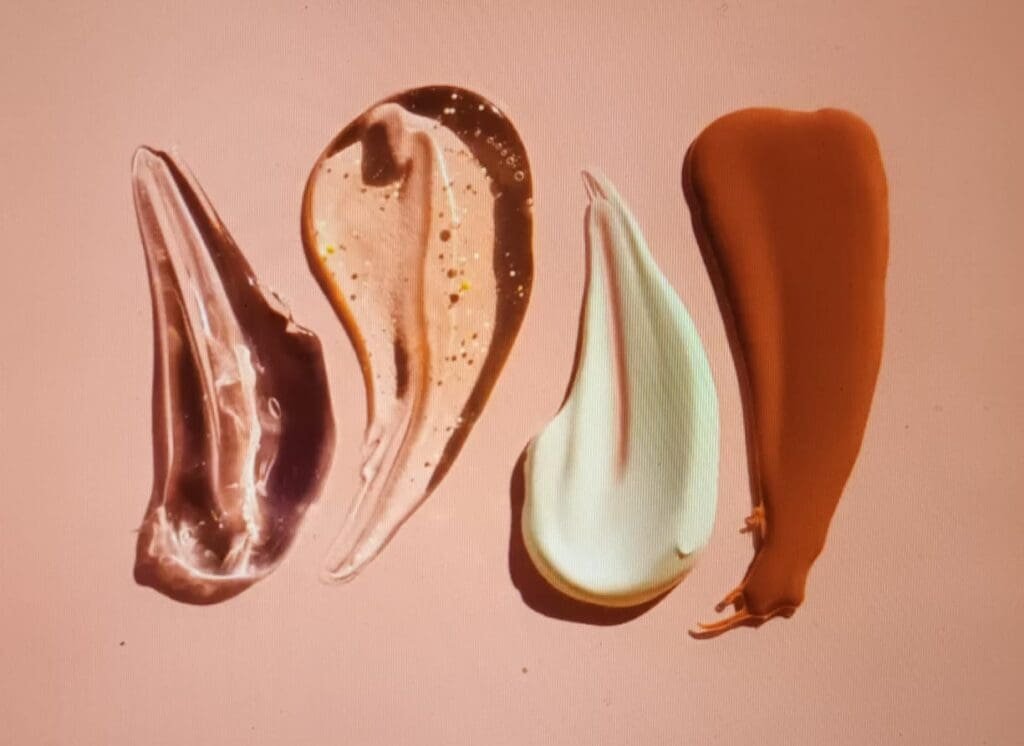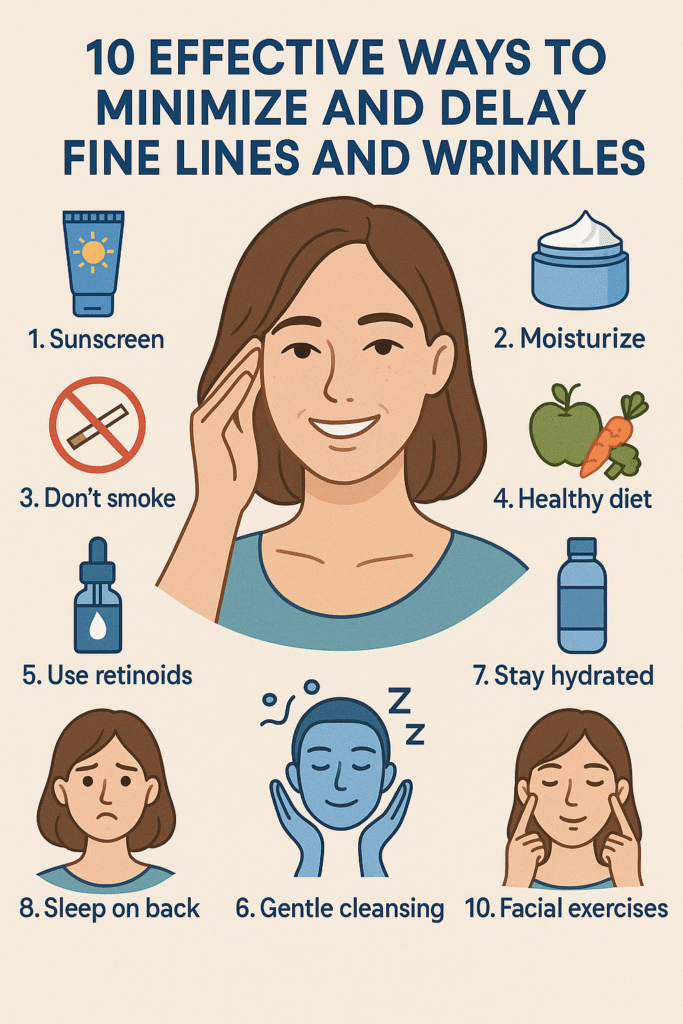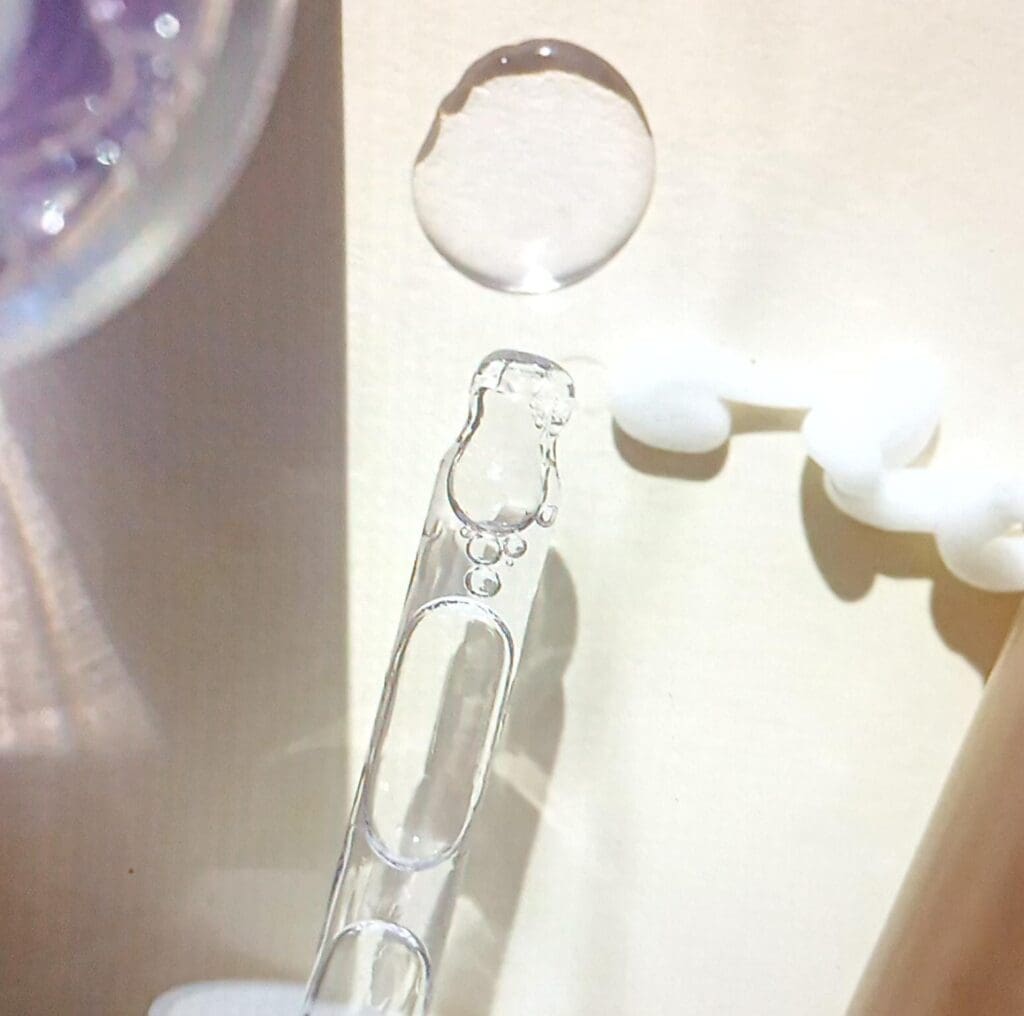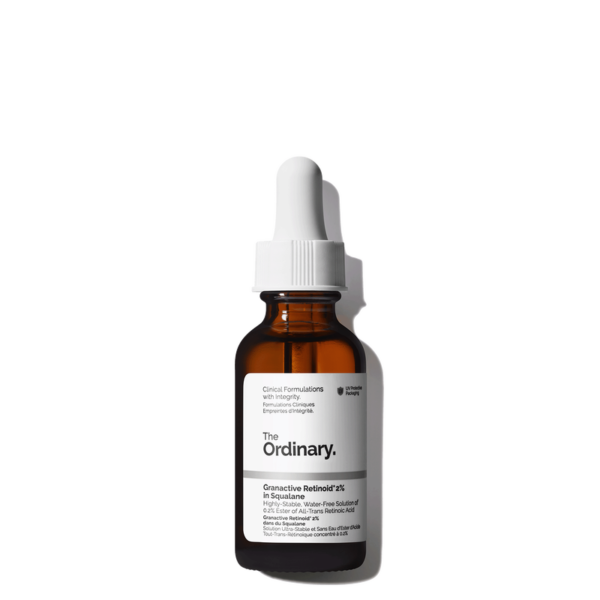
Vitamin C in Skincare
When it comes to skincare, Vitamin C is a superstar ingredient celebrated for its ability to brighten, protect, and rejuvenate the skin.
From improving uneven skin tone to defending against environmental damage, it is a go-to solution for anyone looking to enhance their skincare routine.
Whether you are a beginner or a seasoned skincare enthusiast, understanding how to use vitamin C and pair it with other ingredients is essential for unlocking its full potential.
Let us dive into the benefits of vitamin C for your skin and explore the best ingredients to pair with it for optimal results.
What is Vitamin C?
Vitamin C, also known as ascorbic acid, is a water-soluble nutrient that plays a vital role in overall health and skincare. It is essential for collagen production, wound healing, and maintaining a strong skin barrier.
Unlike other nutrients, vitamin C is not produced or stored by the body, so it must be consumed through food, supplements, or applied topically.
In skincare, topical vitamin C stands out due to its scientifically proven ability to fight signs of aging, brighten skin, and protect against harmful UV rays.
Benefits of Vitamin C for Skin
-
Boosts Collagen & Elastin Production
Vitamin C stimulates the production of collagen and elastin, which are essential for maintaining firm, plump skin. This reduces the appearance of fine lines and wrinkles, giving your skin a youthful look.
-
Brightens Skin and Reduces Hyperpigmentation
By inhibiting the enzyme tyrosinase, vitamin C helps fade dark spots, acne scars, and uneven skin tone, leaving you with a radiant complexion.
-
Protects Against Environmental Damage
As a powerful antioxidant, vitamin C neutralizes free radicals caused by pollution and UV rays, preventing premature aging and skin damage.
-
Reduces Inflammation and Acne
Vitamin C’s anti-inflammatory properties calm redness, reduce acne inflammation, and soothe irritated skin.
-
Enhances Hydration
Vitamin C supports the skin barrier by increasing lipid production, reducing water loss, and keeping your skin hydrated.
-
Promotes Wound Healing and Scar Reduction
Its role in collagen synthesis accelerates skin repair and reduces the appearance of scars, making it an excellent choice for healing damaged skin.
Ingredients That Pair Well With Vitamin C
To fully unlock the potential of vitamin C in your skincare routine, pairing it with the right ingredients is essential. Below, we’ll break down each complementary ingredient and explain how it works alongside vitamin C to enhance your skin’s health and appearance.
- Vitamin E
- Ferulic Acid
- Hyaluronic Acid
- Ceramides
- Peptides
- Niacinamide
- Sunscreen
- Aloe Vera
- Vitamin E
Vitamin E and vitamin C form a dynamic duo of antioxidants. While vitamin C neutralizes free radicals, vitamin E supports skin’s natural defenses by protecting against oxidative damage.
Together, they create a stronger barrier against UV rays and environmental stressors, reducing the risk of premature aging and sun damage.
This pairing also enhances the stability of vitamin C, ensuring better absorption and efficacy in your skincare routine.
- Ferulic Acid
Ferulic acid is often hailed as the stabilizing partner for vitamin C. By preventing vitamin C from oxidizing when exposed to light or air, ferulic acid extends its shelf life and efficacy.
This combination not only offers superior antioxidant protection but also amplifies sun protection. The duo works together to reduce signs of photoaging, such as wrinkles and hyperpigmentation, while promoting a more even skin tone.
Vitamin E + Ferulic Acid + Vitamin C
When used together, vitamin E, ferulic acid, and vitamin C create a powerful trio that offers unparalleled protection against sun damage. A 2005 study demonstrated that ferulic acid can enhance photoprotection by up to double when combined with vitamin C and E.
This trio works synergistically to neutralize free radicals, reduce oxidative stress, and combat the harmful effects of UV exposure.
- Hyaluronic Acid
Hyaluronic acid complements vitamin C by addressing hydration needs.
While vitamin C focuses on brightening and collagen production, hyaluronic acid locks in moisture, preventing dryness and dehydration.
This synergy leaves your skin plump, smooth, and radiant. Hyaluronic acid’s ability to enhance skin elasticity makes it a must-have pairing for those with dull or dehydrated skin.
- Ceramides
Ceramides are the building blocks of a healthy skin barrier. When used with vitamin C, they counteract any dryness or irritation that vitamin C might cause, especially for sensitive skin.
This combination not only keeps the skin hydrated but also improves its texture by reinforcing the barrier and preventing transepidermal water loss. Together, they protect the skin while addressing fine lines and uneven texture.
- Peptides
Peptides, known for their collagen-boosting properties, work in harmony with vitamin C to improve skin firmness and elasticity.
While vitamin C stimulates collagen production, peptides enhance this process by promoting cellular repair. This pairing helps reduce fine lines, calms inflammation, and accelerates skin recovery, making it ideal for aging or damaged skin.
- Niacinamide
Contrary to old misconceptions, niacinamide pairs beautifully with vitamin C. This combination targets multiple skin concerns, including hyperpigmentation, redness, and excess oil production.
Niacinamide strengthens the skin barrier and provides anti-inflammatory benefits, while vitamin C brightens and supports collagen production. Together, they help achieve smoother, more even-toned skin without causing irritation.
- Sunscreen
Sunscreen and vitamin C are the ultimate protective pair. Vitamin C enhances the UV-blocking capabilities of sunscreen by neutralizing free radicals generated by sun exposure.
Using them together provides comprehensive protection against sun damage, reducing the risk of dark spots, wrinkles, and premature aging. Always apply vitamin C first, followed by sunscreen, to maximize this benefit.
- Aloe Vera
For those with sensitive or irritated skin, aloe vera is a soothing companion to vitamin C. Aloe vera calms redness and inflammation while delivering hydration, making it perfect for balancing the occasional dryness or tingling caused by vitamin C.
This gentle pairing supports skin healing and leaves your complexion feeling refreshed and nourished.
Ingredients That Should Not Be Paired With Vitamin C
Pairing vitamin C with certain ingredients can irritate the skin, destabilize formulations, or compromise the skin barrier due to increased sensitivity. Here are the ingredients you should avoid mixing with vitamin C and why:
- Alpha Hydroxy Acids (AHAs)
- Beta Hydroxy Acids (BHAs)
- Benzoyl Peroxide
- Retinol
Alpha Hydroxy Acids (AHAs)
Common AHAs include lactic acid, glycolic acid, malic acid, citric acid, and tartaric acid. These exfoliating acids can disrupt the pH balance of vitamin C, reducing its efficacy.
Additionally, combining AHAs with vitamin C can overstimulate the skin, leading to dryness, redness, and irritation.
If you choose to use both, opt for alternating days or apply AHAs in the evening and vitamin C in the morning.
Beta Hydroxy Acids (BHAs)
Salicylic acid, betaine salicylate, and other BHAs are excellent for acne-prone skin, but pairing them directly with vitamin C can be too harsh, especially for sensitive skin.
The combination may compromise the skin barrier and cause irritation. To avoid this, consider using BHAs and vitamin C at different times of the day or on alternate days.
Salicylic Acid + Vitamin C
While salicylic acid (a type of BHA) and vitamin C can complement each other’s brightening and anti-aging effects, layering them directly may irritate sensitive skin.
Salicylic acid exfoliates and reduces sebum production, while vitamin C targets dark spots and promotes collagen synthesis.
For best results, use vitamin C in the morning and salicylic acid at night. Alternatively, you can alternate between the two on different days to minimize irritation while still reaping their benefits.
Benzoyl Peroxide
Avoid combining benzoyl peroxide and vitamin C, as benzoyl peroxide can oxidize vitamin C, rendering it ineffective. This pairing cancels out the benefits of both ingredients.
If you use benzoyl peroxide to manage acne, apply vitamin C in the morning and benzoyl peroxide at night. Alternatively, use them on separate days to maintain their effectiveness.
Retinol
Both retinol and vitamin C are powerful active ingredients with significant anti-aging benefits, but using them together can irritate the skin.
Retinol promotes cell turnover and reduces wrinkles, while vitamin C brightens and protects against free radicals. Layering these two may cause redness, dryness, or sensitivity, especially for those with reactive skin.
To maximize their benefits, use vitamin C in the morning and retinol at night. Separating them helps enhance their efficacy without overloading the skin.
General Tips for Using AHAs/BHAs and Vitamin C
While some advanced users may tolerate AHAs or BHAs alongside vitamin C, it is best to avoid combining them unless your skin has built significant resilience. If you decide to layer them:
- Apply the AHA or BHA product first to allow proper absorption.
- Follow up with vitamin C only if your skin shows no signs of irritation.
- Alternatively, use these actives on different days or at different times of the day to minimize potential irritation.
By strategically timing and spacing out these potent ingredients, you can avoid skin sensitivity while maximizing their individual benefits. Always listen to your skin and adjust your routine accordingly.
Important Note:
The information about layering skincare ingredients is constantly evolving as new research emerges.
What works today may be improved tomorrow with better insights and innovations.
Always stay informed about the latest developments and adjust your skincare routine accordingly.
Remember, every skin type is unique—what works for one person may not work for another. Prioritize listening to your skin and incorporating new research-backed guidance to achieve the best results.
If you ever feel confused about your skincare routine, consulting a dermatologist is always a wise choice. They can provide tailored advice based on your specific skin concerns, ensuring you achieve the best possible results while avoiding unnecessary complications.
Related:
How to Layer Retinol with Other Skincare Ingredients
Top 8 Best Face Washes For Dry Skin In Pakistan

Education: University of Peshawar
Ahmad Khan holds a Master’s degree in Chemistry and has been writing about skincare for over five years. With a deep understanding of ingredients and their impact on the skin, he enjoys sharing practical, science-based skincare advice. When not writing, he loves playing with his kids.




